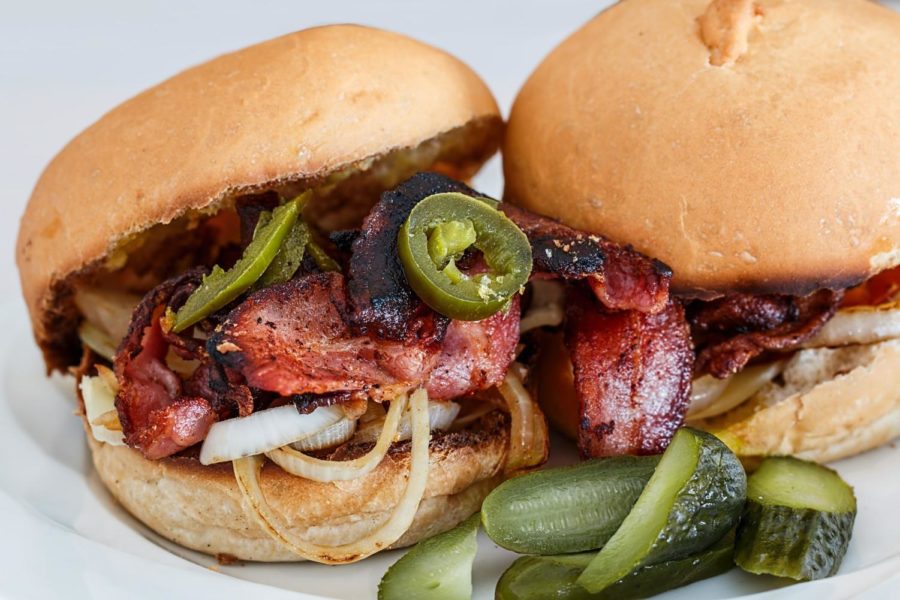How Addicting Are Your Favorite Foods?
Most people know how it feels to go check the fridge, leave, and then come back 20 minutes later to get a midnight snack.
It’s almost like we need to ingest something every few minutes in order to properly function. This has led many people to question how our minds treat and react to food.
So, just how addicting is food?
According to the NCBI, the medical term for food addiction is “Binge Eating Disorder (BED),” or, simply put, “Food Addiction.” In addition, there are many similarities between BED and substance abuse. Symptoms of BED include increased levels of impulsivity, triggers from cravings, withdrawals and continued use despite negative consequences.
Sugar addiction, related to BED and other food disorders, is also a serious mental condition. According to Psychology Today, when one consumes sugar, it activates the same brain regions as cocaine does. In addition, heavy consumers of sugar develop a tolerance to it, similar to drugs and alcohol.
Casein is a protein that is primarily derived from dairy products. However, according to One Green Planet, a health publication, casein has a highly addictive chemical. Many food companies use casein to create a more addicting product, which boosts their sales.
According to Dr. T. Colin Campbell, casein is one of the most applicable promoters of cancer to currently exist.
Here’s what to look for on the ingredients label to spot casein: “casein, caseinates, calcium caseinate, potassium caseinate, and sodium caseinate.”
Can food addicts be helped?
Counseling can help food addicts recover; many programs base their treatment on the twelve steps that are used in many alcohol and drug addiction programs, according to WebMD. These programs help to reduce overeating, assist with weight loss and treat any miscellaneous issues that come with food addiction like low self-esteem and depression.
What do students think?
“People eat when they get bored. So people start to rely on that,” said sophomore Brenna Deighton.
“Oh yeah, there’s definitely some food like Doritos which have chemicals in it that makes you crave it more,” added sophomore Julian Contreras.
“You. . . see obese people who can’t stop eating,” noted sophomore Sam Loyo.
“I think some foods are addicting in the way that they’re so easy to eat and are tasty. So fast food is obviously on the list of addicting foods,” stated senior Jesse Nordeen.
So does this mean one should completely avoid food?
No! Food is our fuel that we need in order to function, and any food should simply be consumed in moderation like anything else! In addition, a balanced diet is what one would most definitely benefit from, as well as some self-control.
Have some common sense and self-restraint, save the cookies and big mac for a day when you truly need them.

Hello, I'm Peter, just another teenager attempting to get through high school. To be honest, I'm just another naive teenager and am no writing superpower...


















